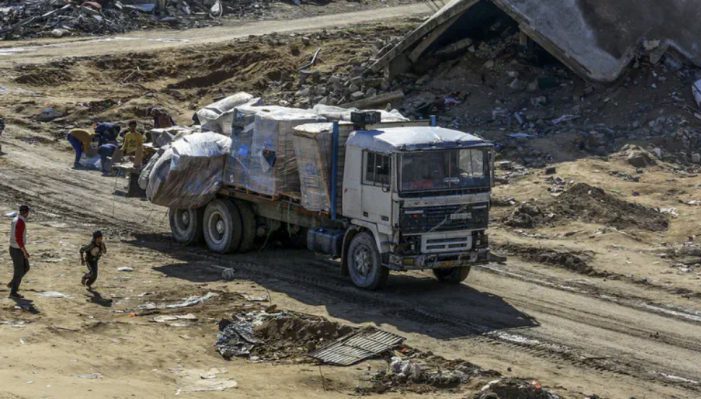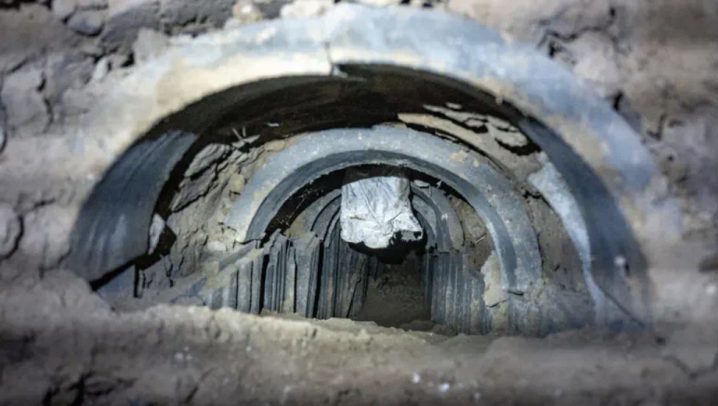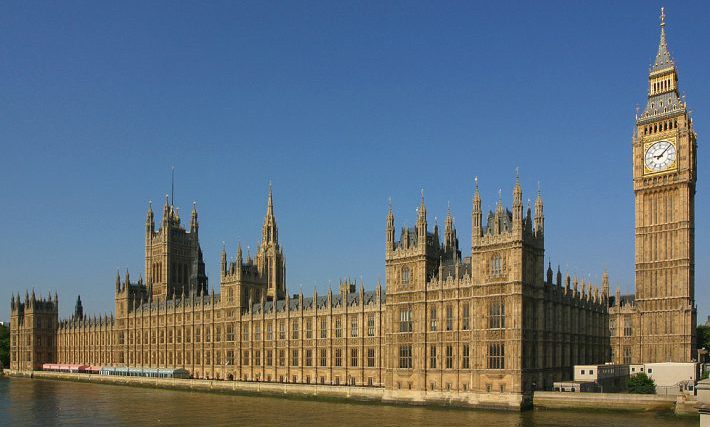Assad’s fall has opened a new chapter for Syria—but the survival of the Muslim Brotherhood poses a dangerous threat to Israel, risking a Hamas-style resurgence on its northern border.
The collapse of Bashar al-Assad’s dictatorship in December 2024 was celebrated as a turning point in Syria’s tragic history. With rebel leader Ahmed al-Shara taking Damascus, sanctions lifted, and foreign capital pouring in, the world rushed to crown this moment as the rebirth of a shattered nation.
But beneath the hopeful headlines lurks a strategic danger: the stubborn survival of Syria’s Muslim Brotherhood.
Unlike other factions that laid down arms or dissolved, the Brotherhood refuses to disappear. Hollowed out, led by aging ideologues in their 60s and 70s, and disconnected from Syria’s war-scarred youth, the Brotherhood clings to an obsolete dream of a global Islamic caliphate. It is no longer a political force—but its very survival signals continuity of an ideology that spawned Hamas, the terror group responsible for the October 7, 2023 massacre of 1,200 Israelis.
For Israel, this is not just a Syrian domestic issue. Any revival of Brotherhood influence in Damascus risks transforming post-war Syria into a safe haven for militants committed to Israel’s destruction.
Al-Shara has disavowed Islamist ambitions, declaring both Arab nationalism and Islamism as failures. But history proves that Islamist movements thrive in transitions, exploiting instability to reassert themselves. His refusal to force the Brotherhood’s dissolution leaves a door dangerously ajar.
This comes at a pivotal moment: Syria and Israel, under U.S. mediation, are negotiating a return to the 1974 Golan disengagement agreement. Damascus wants reconstruction aid in exchange for demilitarizing its Golan front. Israel, scarred by October 7, insists on entrenched IDF positions on Mount Hermon and across the Galilee, refusing to gamble its security on paper promises.
The dilemma is stark: Can Israel strike a deal with a Syrian leadership that tolerates the Brotherhood’s survival? Allowing the Brotherhood to persist sends a message across the region—Islamist groups never truly die, they wait.
The lessons are written in blood:
- In Egypt, Brotherhood rule under Morsi emboldened extremists before being crushed.
- In Gaza, Hamas evolved from a Brotherhood offshoot into a terror regime.
- In Jordan, its political arm repeatedly challenges the monarchy.
Syria must not be the next domino.
Israel’s stance must be unequivocal: the Brotherhood must dissolve, fully and irreversibly. Just as Assad’s tyranny was uprooted, so too must the Brotherhood’s toxic ideology be erased from Syrian soil. Anything less leaves a ticking time bomb—one that could explode on Israel’s northern frontier.





